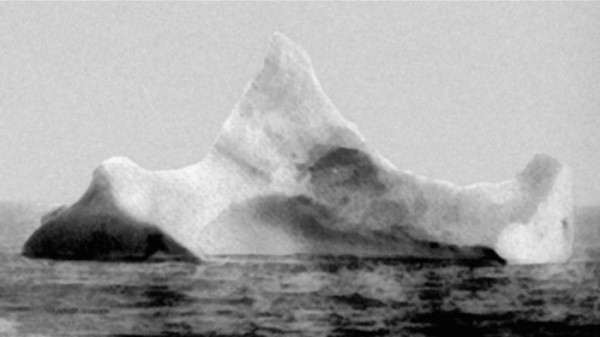The Natural Order Of Things
For humans, the most convenient way to view our world is as a set of static properties. Even when we describe variable events, it is most comfortable for our minds to say, “It always goes this way.”
These thoughts appease our minds because they give us a sense of control. We know the general path and so we can anticipate it.
But for us, “natural law” is more of a series of IF-THEN statements. If you do x, you get result y. This means that our memories build up a catalogue of results so that when we want y, we can look through the table to see what x produces it.
Alternative Right editor Colin Liddell says that I should use more concrete examples in my writing, and he is a wise man, so let me give this a shot. Consider the following decision table regarding a seating table at a party:
| Action | Result |
| Ralph and Susan | Reckless drinking and making out |
| Dave and Mick | Political argument |
| Sam and Eleanor | Tend to lead others in conversation |
| Adam and Steve | Wildly erotic makeout session |
| Bill and anybody | Bill calms everyone down. |
| Brett and anybody | Boring Nietzsche/Eckhart rants |
With this simple table, we see the types of x / y pairs that can occur. If we get past our moralizing minds, and stop categorizing these as good or bad, we can see how each is an opportunity and has a downside. Some of these are pairs with a downside, but that can be an upside if an otherwise boring patch of people is created, or if one wants the party to end earlier. Others contribute certain things that can be very useful.
Much depends on the other guests. Perhaps some enjoy pedantic rants about the philosophies of Nietzsche, or a hockey team is coming by and they love to fight. The host must first decide what is desired, and then go down the list to see which pairing or individual produces that result, and act accordingly.
This is natural law and natural order in the small: IF you want y, choose x. This is made complex only by our tendency to think of y as a choice in itself, and to tell people to do y much as we would make a choice at a merchant’s or order a servant.
Life is a series of interactions. These are predictable based on the purpose of the things being combined. Much as in a chemical laboratory, some combinations of chemicals make useful substances, and others large unsightly fires. It is up to us to know the difference.
All of this is preamble to an important notion, which is that the default pattern of life is entropy. Unless someone intervenes with a better plan, nature tends to equalize things to make them stable. Hawks become sparrows when hunting no longer provides a better diet; people become hut-dwelling bush meat foragers when intelligence and forethought are not rewarded.
In the study of politics, you will find many people saying “x is the tendency of things” or “x always wins out.” Beware of such talk: all of our successes as a species have come by defying these tendencies and coming up with a better idea. Had we not, we would still be hut-dwelling bush meat foragers.
For example, people may tell you that the tendency of human affairs is to become more democratic and that easy money always wins out over common sense. The implicit argument is that we should accept this and go with the flow. The reality is that we are looking at entropy in action, and instead, need to resist these things as we resist the elements and wild animals that are trying to kill us.
This is the paradox of nature. It is the best of times, and the worst of times. It can offer great beauties but is also trying to kill us. We survive only by using our faculty of choice to deny it the pleasure of doing us in, and the same applies to civilization. The “usual way things are done around here” is a path to death. Fear it.
Tags: dysfunction, entropy, xy pairs










